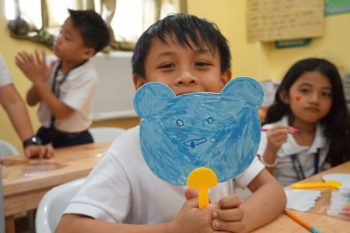 Wow! My College Son Grew Up!
Wow! My College Son Grew Up!
It has been several months since my son left home and went off to college. It is only winter break! But, to me, my son now looks like a man or a grown-up college guy.
A Campus Visit
When visiting EJ at school we were without a car. We used public transportation to tour San Francisco and the surrounding Bay Area. San Francisco has become his city and my son now acts as my tour guide when showing me around. [Read more…]


 El proceso de resolver problemas es una destreza que los adolescentes necesitan aprender y perfeccionar para tratar eficazmente con los desafíos cotidianos que enfrentan. Los padres son la influencia más fuerte en enseñarle a sus hijos a desarrollar estrategias eficaces para resolver problemas. (Read this post in English at http://wp.me/p7rdLc-8U)
El proceso de resolver problemas es una destreza que los adolescentes necesitan aprender y perfeccionar para tratar eficazmente con los desafíos cotidianos que enfrentan. Los padres son la influencia más fuerte en enseñarle a sus hijos a desarrollar estrategias eficaces para resolver problemas. (Read this post in English at http://wp.me/p7rdLc-8U) Overcoming Holiday Brain Drain
Overcoming Holiday Brain Drain How can we teach our children to respect people who are different than they are? One way we can do this is by teaching them about themselves and others. February is the beginning of the Heritage Month celebrations for 2018. Here is the schedule for each month that a cultural heritage is designated to be recognized. Additional infomation can be found on the
How can we teach our children to respect people who are different than they are? One way we can do this is by teaching them about themselves and others. February is the beginning of the Heritage Month celebrations for 2018. Here is the schedule for each month that a cultural heritage is designated to be recognized. Additional infomation can be found on the 